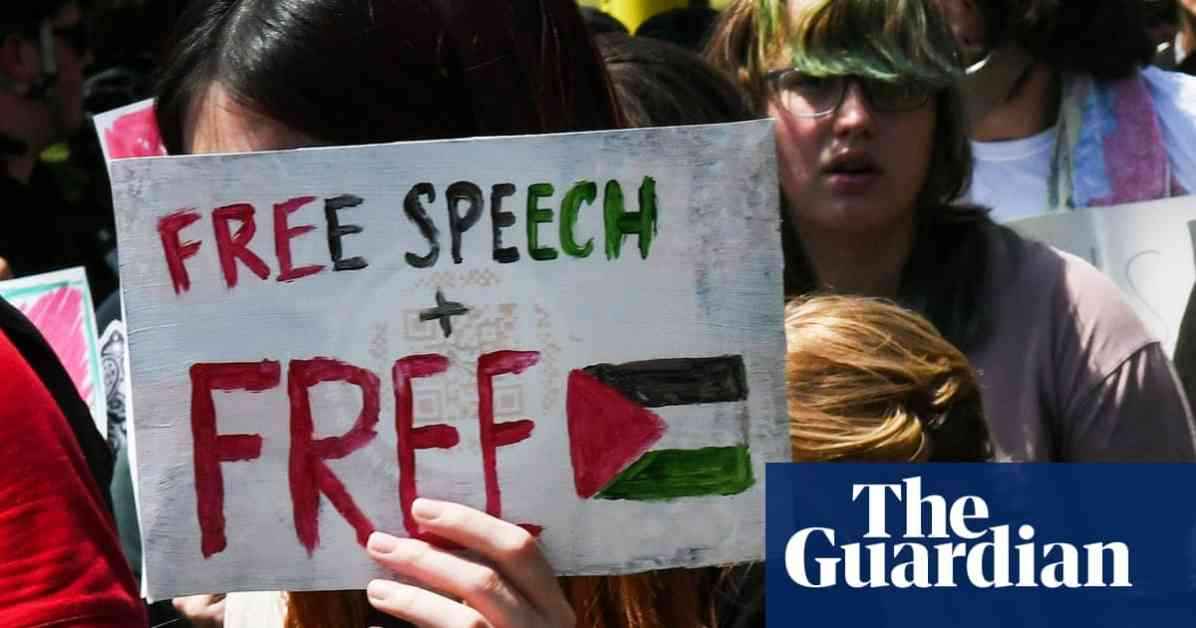Parker Hovis was like four courses away from getting his computer science degree from the University of Florida when he got arrested along with several other students at a pro-Palestine protest on campus last spring. Even though the charges against him got dismissed and a school conduct committee recommended only minor punishment – a form of probation – the university president decided to suspend him for three years. If he wants to come back after that, he’ll have to reapply.
More than 1,000 students or student groups got targeted by their universities for punishment between 2020 and 2024 over their speech, according to a report published today by the Foundation for Individual Rights and Expression (Fire). Some 63% of them ended up getting punished. Logan Dougherty, the report’s author, stated, “Open minds and free debate, not self-censorship and punishment, should be the standard on campuses, and we see far too frequently that isn’t the case.” The report compiled incidents at both public universities, which are bound by first amendment protections, and private ones, which are under no such obligation. Fire found that more than 300 students or student groups were formally censored, 72 were suspended, and 55 were “separated from their institution or its funding”. Data for the first four months of this year suggests the database of punished students “is on pace to double last year’s total.”
<|ipynb_marker|> Markdown
The report painted a picture of institutions of higher learning that are becoming more willing to punish students over their views, especially during politically charged events like the “racial reckoning” following the 2020 police killing of George Floyd, a Black man, and the 7 October Hamas attacks and Israel’s subsequent war in Gaza. Since 2023, students have been punished over pro-Palestine speech from the right, with politicians and university administrators themselves leading the charge more than in any other period. Advocates warn that such policies set a dangerous precedent and could be used against speech critical of various topics. Palestine Legal, a group supporting pro-Palestinian speech in the US, noted a significant increase in requests for help in recent years, with most coming from university campuses. As students protested at the University of Florida as part of the pro-Palestine encampments last year, administrators distributed fliers listing prohibited items and activities, threatening violators with a “3 year trespass and suspension” from campus, even though the prohibitions were not official university policy. The disciplinary measures often exceeded the schools’ own rules, leading to students like Hovis facing consequences for their activism.




